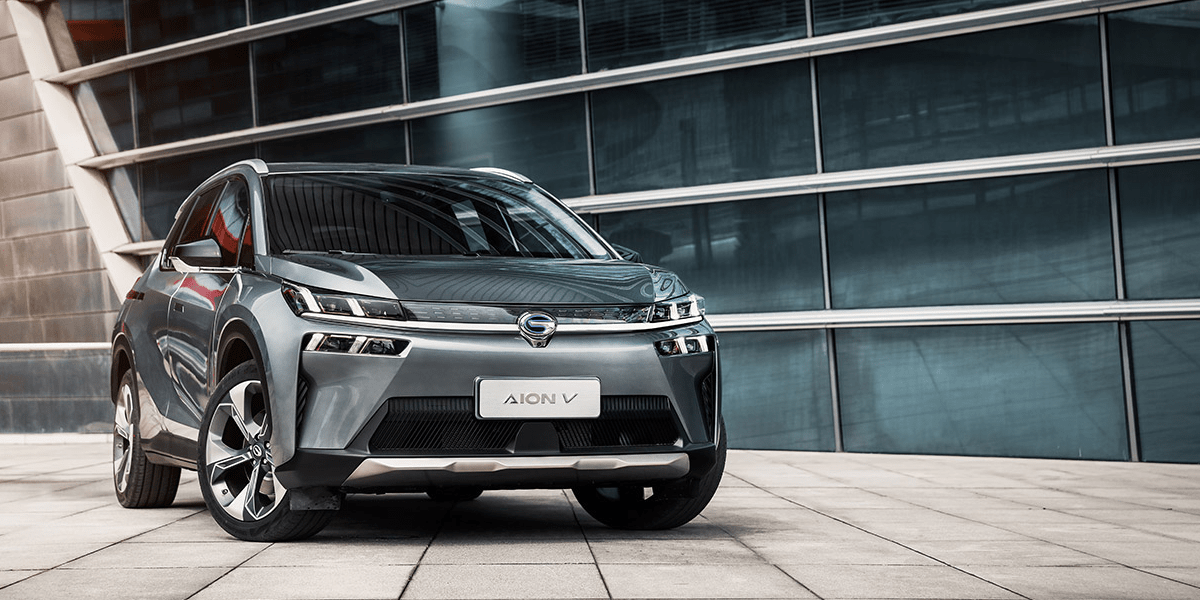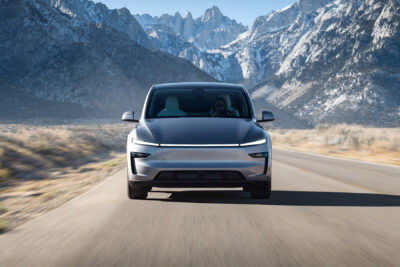GAC sees progress with graphene-based battery
Chinese carmaker GAC has announced, “groundbreaking progress” with graphene-based battery technology. These batteries may significantly reduce charging time and considerably extend the battery’s life. The batteries will be installed in the first vehicle from September.
GAC speaks of a “breakthrough” referring to the most recently conducted tests. These showed that the graphene-based battery could be charged at 6C – the charging power was six times the batteries’ actual capacity. GAC said that, combined with a 600A high-power charger, the battery could charge to 80 per cent within eight minutes.
GAC has so far not been more specific about the energy content or other details about the charging process – for example, whether it involved a charging test with a cell in the laboratory, a battery module or a ready-to-install battery pack. Size and weight are similarly not extrapolated upon in the announcement of the company’s breakthrough, although energy density is an essential factor for graphene-based batteries.
The company says that the battery has passed the so-called “battery shooting test” in which the battery is mechanically penetrated, and the cells are not allowed to catch fire. The battery is already undergoing winter tests in a vehicle. The Aion V is to be the first model to be equipped with this battery. The start of series production here is scheduled for September 2021. From the Aion series, GAC has so far presented the Aion S as an electric sedan and the Aion LX as an e-SUV.
Last year, GAC claimed to have solved one of the big problems of graphene-based batteries: cost. Graphene initially cost up to a few hundred dollars per gram, the carmaker said. With the 3DG production technology, the company says it has reduced the costs to a tenth of the conventional process.
While other companies are also working on graphene-based batteries besides GAC, no other company has yet given a definite production date. KIT and Skeleton Technologies joined forces in September 2020 to develop a graphene battery. In this case, the developers aim for more of a supplement to the lithium-ion battery than actually replacing it. One of the reasons behind this was that the energy density could not keep up with other battery types. When asked, Skeleton gave a value of 60 Wh/kg, which is roughly on a par with nickel-metal hydride batteries. Lithium-ion batteries come to 120 to 180 Wh/kg. In September 2020, Skeleton also said that it had already signed a letter of intent worth one billion euros with a “leading automotive OEM” to bring the technology to market. They did not disclose the customer at the time.





3 Comments